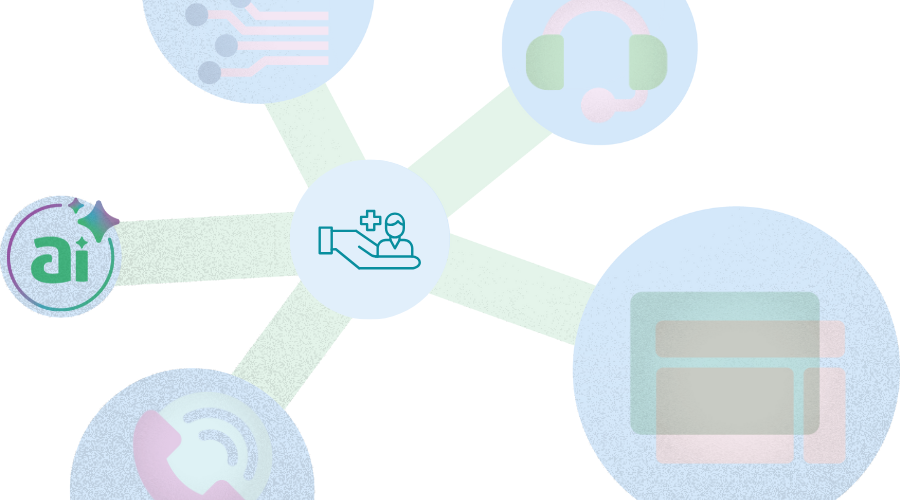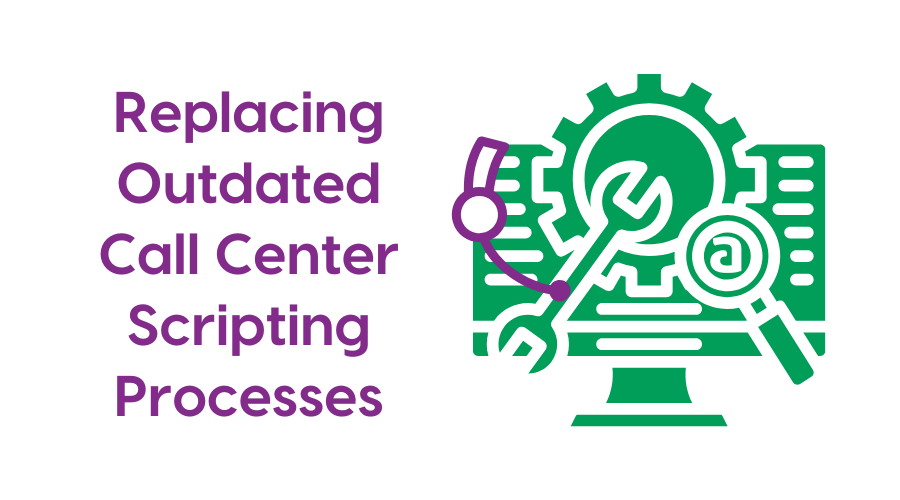Hospital call centers are playing a critical role in their healthcare organization’s response to the current coronavirus crisis. Amtelco is helping with this endeavor by offering free operator licenses to customers during the pandemic. “The free license offer from Amtelco came at the right time,” says Shelley White, Director of Patient Access Services for State University of New York (SUNY) Upstate Medical University. “Additional operators were up and running quickly. I can’t tell you how appreciative I was to be able to have the ability for more agents to cover all of our calls.”
Leveraging the Amtelco software they use in all of SUNY Upstate Medical University’s call centers, often in new ways, has provided flexibility and enabled their organization to respond quickly to the crisis to support their communities and keep their staff safe by working remotely.
“We played an immediate role in the hospital’s corporate response to the coronavirus pandemic,” explains Shelley. “A COVID-19 hotline was established and we took calls from multiple counties in our area. Within two weeks, our call volume drastically increased, and we needed more space in our call centers to work while practicing social distancing. We used free licenses from Amtelco to set-up additional remote operator work stations so more of our agents could work from home. This kept our staff safe while serving the community.”
Running a call center in a virtual server environment, or in the cloud, gives hospitals the ability to use remote operators. These tools are scalable and result in fully functioning call handling to transform any personal computer into a professional telephone agent station. Customers have reported that their health system asked them to work as many people from home as possible.
“We were able to redistribute existing staff from other departments and tap into their skills to cross-train them to work for the switchboard,” states Shelley. “In our situation, patient access staff and medical answer teams were trained on easy calls and were then able to work from home as remote operators. These staff members are now even more valuable to our organization.”
Shelley’s team has also been able to assist staff who are still located within the hospital. SUNY Upstate Medical University is the only ACS certified Level I Trauma Center in the region and serves about 1.7 million people and 28 referral hospitals. Shelley says, “During this coronavirus crisis, our ER registration is short-staffed, but we are able to help by watching our track board, which is tied into the EMR system with Epic. When a COVID-19 patient is admitted, we can call the patient to register them and verify insurance information over the phone. This process would normally be done in-person by ER staff, but we can do it remotely and ease some of their workload.”
Call centers in every industry have been affected by the pandemic. Most business websites have placed a message at the top of their home page warning of long hold times and delays in service. In healthcare, communication setbacks can mean life or death. Shelley was able to use the Amtelco software to quickly adjust to this unpredictable environment, “The Amtelco software has given us so much flexibility to keep up with this ever-changing COVID-19 crisis. We were able to smooth workflow peaks and valleys and went from being overwhelmed with calls at the beginning of this situation, to having improved call metrics.”
Shelley is confident in her team and their ability to serve the community, “SUNY Upstate Medical University is doing well during this COVID-19 crisis. We’ve been a community leader is so many ways, making everyone very proud. Our ability to rapidly adjust our call centers was instrumental in that response.”





